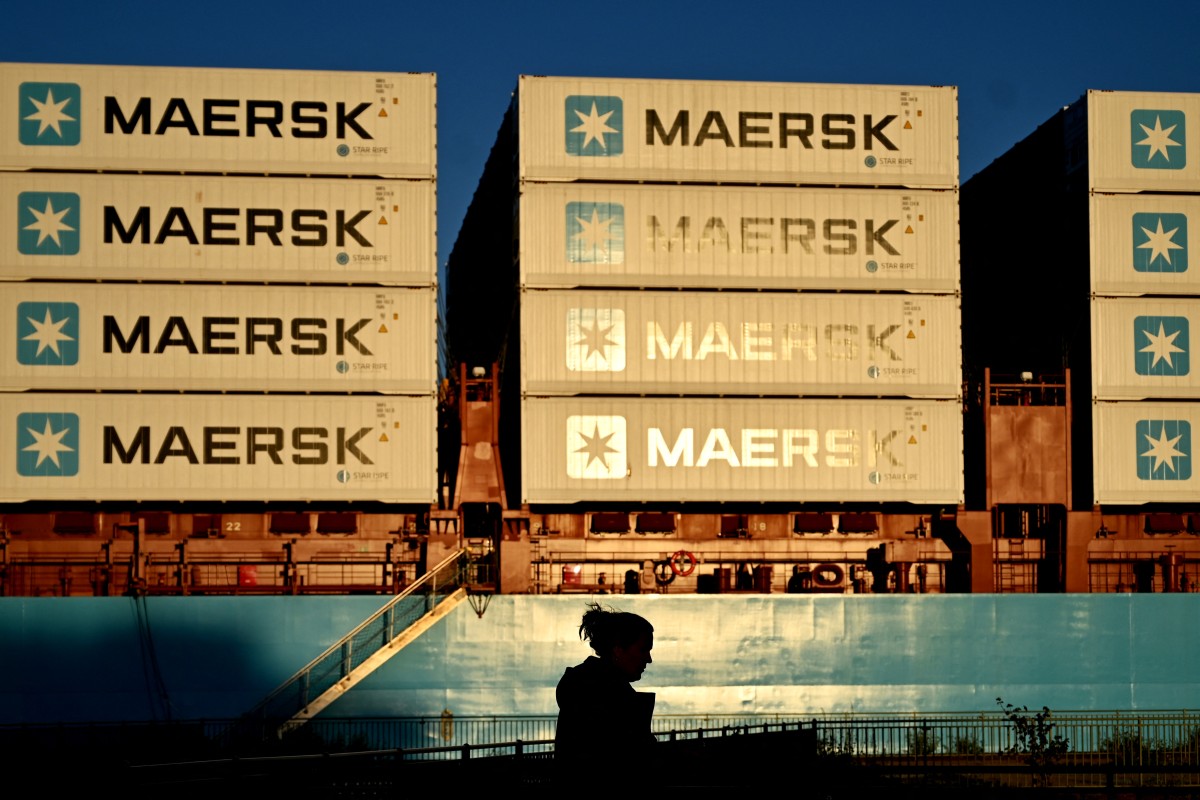Copenhagen, Denmark – Danish shipping giant Maersk said Wednesday it was entering into a long-term cooperation with its German rival Hapag-Lloyd which will bring together hundreds of boats.
The cooperation, which is set to start in February 2025, will comprise a fleet pool of nearly 300 vessels with a combined capacity of 3.4 million containers, Maersk said.
Maersk CEO Vincent Clerc said the agreement will offer a “flexible ocean network” and “strengthen our integrated logistics offering”.
By entering the partnership, called “Gemini Cooperation”, Hapag-Lloyd will leave another alliance, named THE Alliance, which it formed in 2016 with Asian shipping companies.
Maersk’s partnership with Italian-Swiss peer MSC, the global maritime shipping leader, will also end in January 2025.
International maritime trade has hit stormy waters in recent weeks as attacks by Yemen’s Houthi rebels on ships in the Red Sea has reduced the availability of ships, causing freight rates to surge.
Some 12 percent of global maritime traffic passes through the Red Sea.
Avoiding the region and diverting transit via the Cape of Good Hope, at the southern tip of Africa, to connect Europe to Asia, considerably lengthens delivery times and freight rates.
The increases follow difficult years for the industry during the Covid pandemic, when freight rates reached unprecedented levels due to blockages in supply chains.








